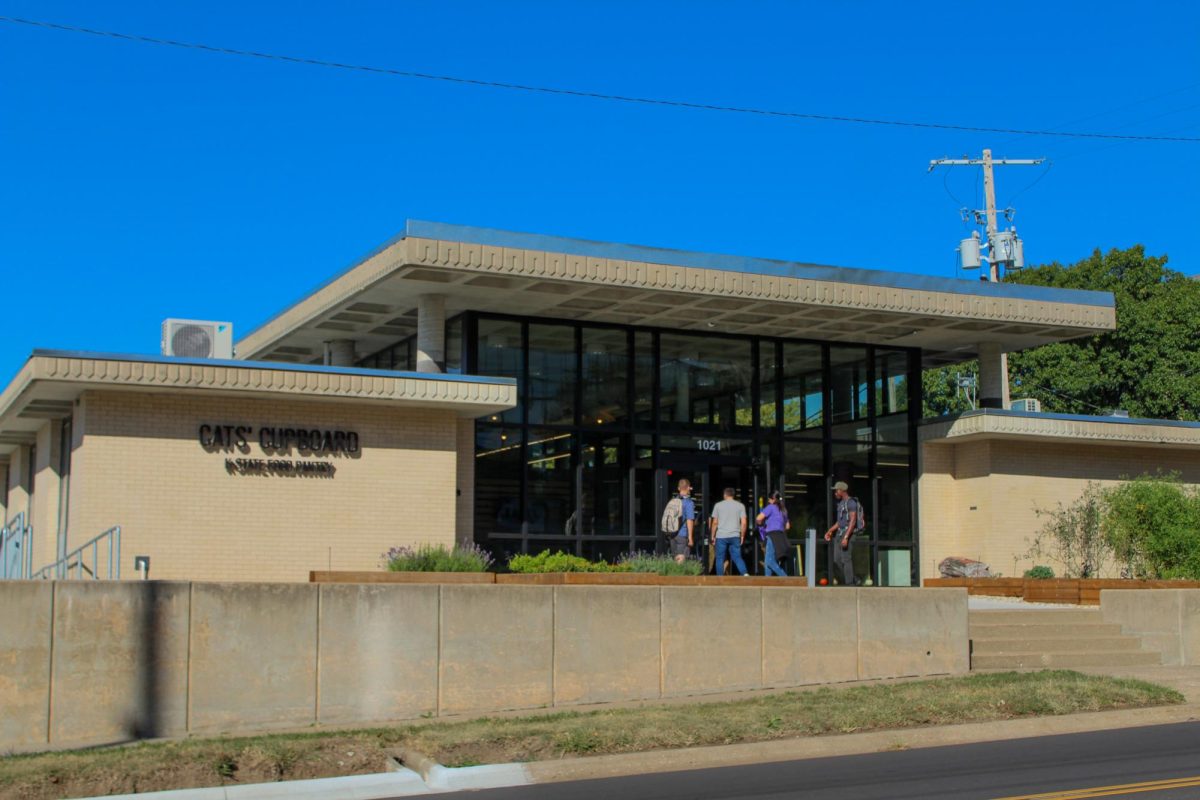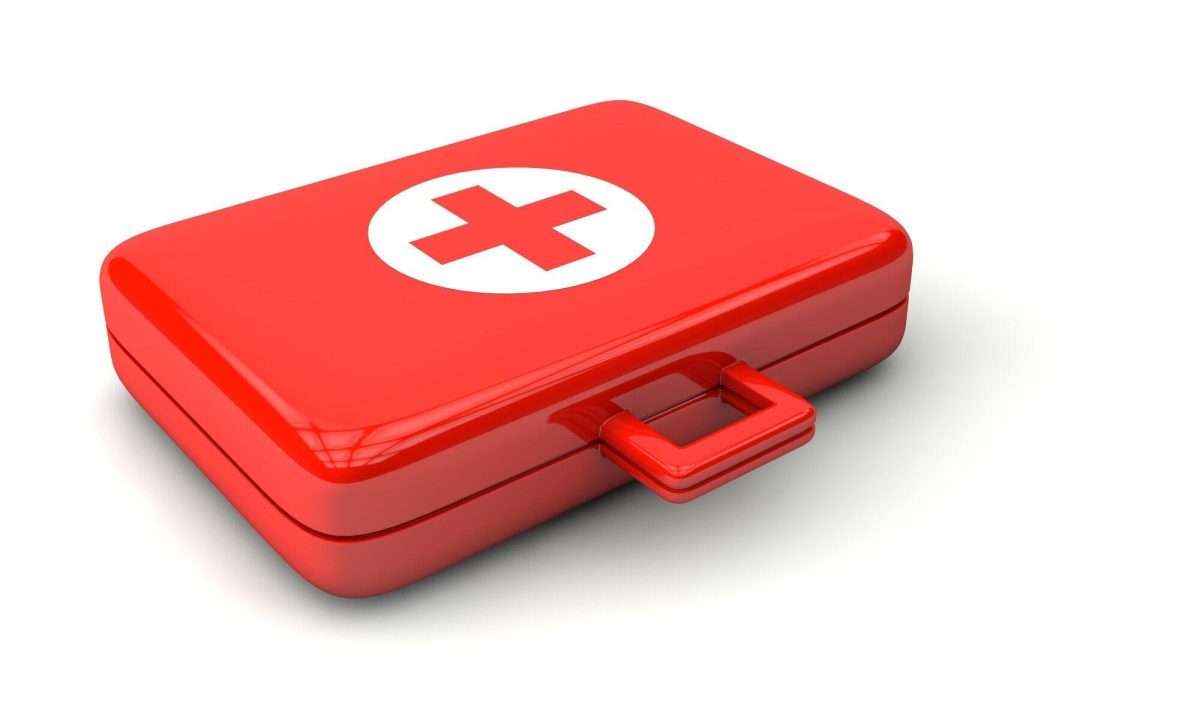Your family dentist can assess and monitor your wisdom teeth during regular appointments and refer to an oral surgeon if any are impacted or likely to become so.
Your wisdom teeth are the third and final set of adult molars that erupt at the very back of your mouth, often at an awkward angle or improperly. Improper eruption may cause impaction or alter the alignment of your bite; impaction should always be treated as a possible risk when they erupt incorrectly.
Consider wisdom teeth removal Newmarket tо prevent future dental problems.
General Dentists
General dentists offer most of the same procedures as specialists when it comes to extracting wisdom teeth, including using local anesthetic (numbing) to ensure no discomfort is felt during this procedure.
General dentists offer periodontal treatments, which involve extracting tartar which accumulates below the gumline and leads to gum disease, as well as professional teeth cleanings which remove plaque & bacteria that lead to tooth decay & gum disease.
General dentists may perform wisdom teeth extractions; however, for complex extractions or any issues with your wisdom teeth that require special training and experience. They may use Nitrous Oxide or laughing gas during an extraction procedure and prescribe or recommend oral sedatives post-procedure to ease post-procedure pain and swelling; additionally they can restore dental health through implants, bridges or dentures.
Oral Surgeons
Many dental professionals advise their clients to have their wisdom teeth extracted to avoid future crowding and infection, particularly those whose jaws are small enough for wisdom teeth to emerge fully without interfering with nearby teeth or nerves. This advice applies in particular to people whose jaws cannot allow full eruption.
Your family dentist can use dental x-rays to monitor the development of wisdom teeth for you and/or your child, and refer you to an oral surgeon if they become impacted.
Oral surgeons are highly-skilled professionals trained to perform more intricate surgical procedures. Additionally, they’re adept at handling any complications arising during or post-extraction – like nerve injuries and sinus issues – better than most doctors can. Oral surgeons provide higher levels of anesthesia during surgery so patients won’t feel any pain, while they may use nitrous oxide gas in certain instances to ensure that you remain relaxed throughout.
Sedation Dentistry
Many dental patients avoid wisdom tooth extraction due to anxiety caused by it; however, thanks to sedation dentistry this procedure has now become much simpler and stress-free.
With a small needle, dentists or oral surgeons inject sedatives into veins in your arm. Once this medication enters your bloodstream, a wave of relaxation washes over you; you remain conscious but drift into a dream-like state largely unaware of the procedure taking place before them; experienced team monitor your vital signs throughout.
Sedation changes your perception of time, so what may seem like an extended procedure to the dental team will seem much shorter for you. Depending on the type of sedation prescribed to you, time may be spent in a recovery room while its effects wear off gradually. You will require someone else to drive you home afterwards, while your dentist will give extensive postoperative instructions regarding pain management and blood clotting at extraction sites.
Wisdom Tooth Removal
Your family dentist can track the development of your wisdom teeth through regular checkups. He or she may recommend having them removed if they become impacted and cause issues later.
Wisdom teeth sometimes erupt improperly or become trapped within the jawbone or gum tissue and press against other healthy teeth, leading to pain and swelling as well as decay, infections, or jawbone destruction. Proactive removal may help avoid these problems.
Before extracting your wisdom teeth, your dentist will administer local anesthetic. They may also suggest the use of Nitrous Oxide (laughing gas) or an oral sedative to help relax you during surgery. After surgery has taken place, ice packs can help reduce swelling. In addition, over-the-counter pain medications such as acetaminophen or ibuprofen may help alleviate any discomfort experienced.













































































































